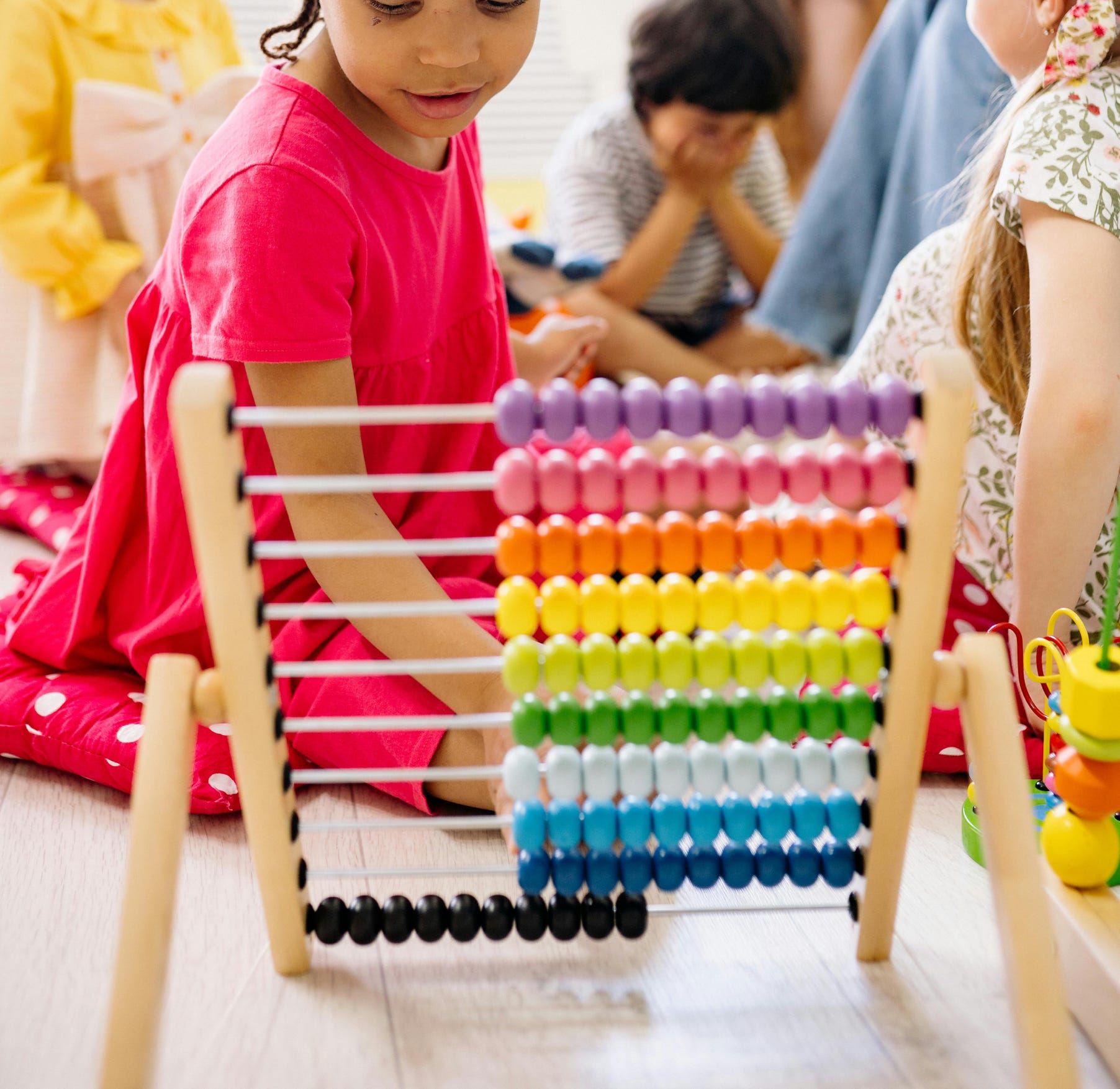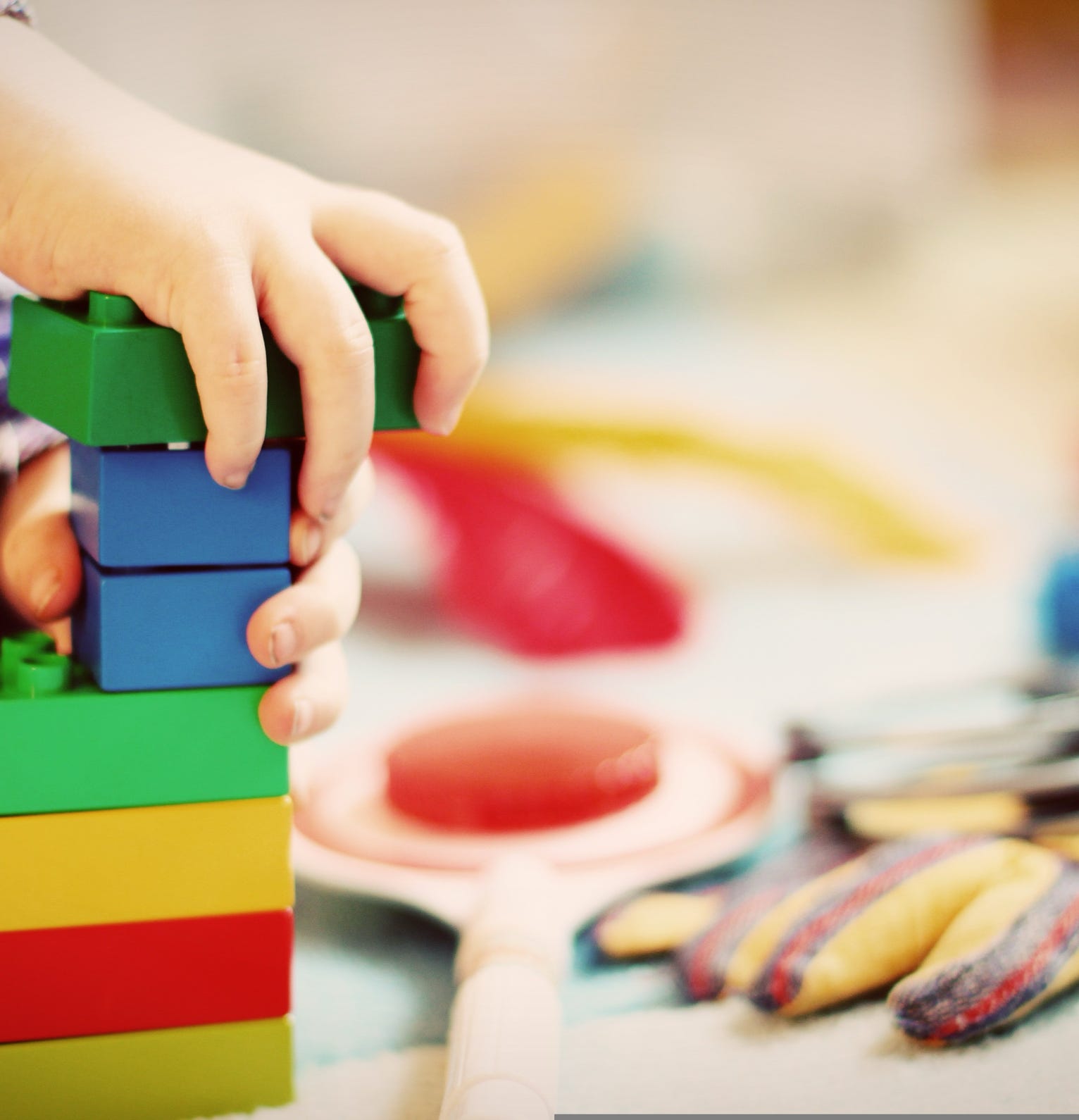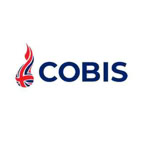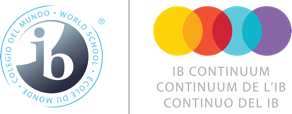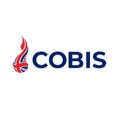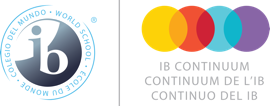KIS
EARLY YEARS Programme
Our Pre-Kindergarten and Kindergarten Programme is available for students from 4 to 6 years of age. We use the International Baccalaureate Primary Years Programme (IBPYP) to frame our Programme, aiming to encourage children to develop a love of learning. We believe that children are active, competent, curious, intelligent, expressive and compassionate. These fundamental beliefs inform all of our interactions and engagements with children. The ultimate goal is to allow a space for the child to construct his or her own powers of thinking through all of their expressive, communicative and cognitive languages.
